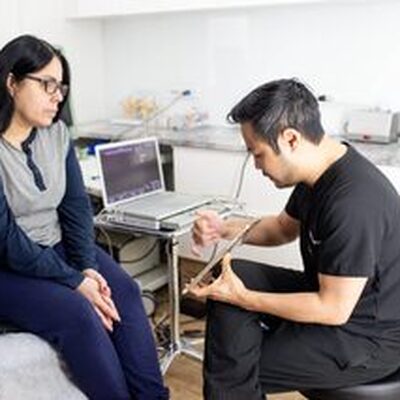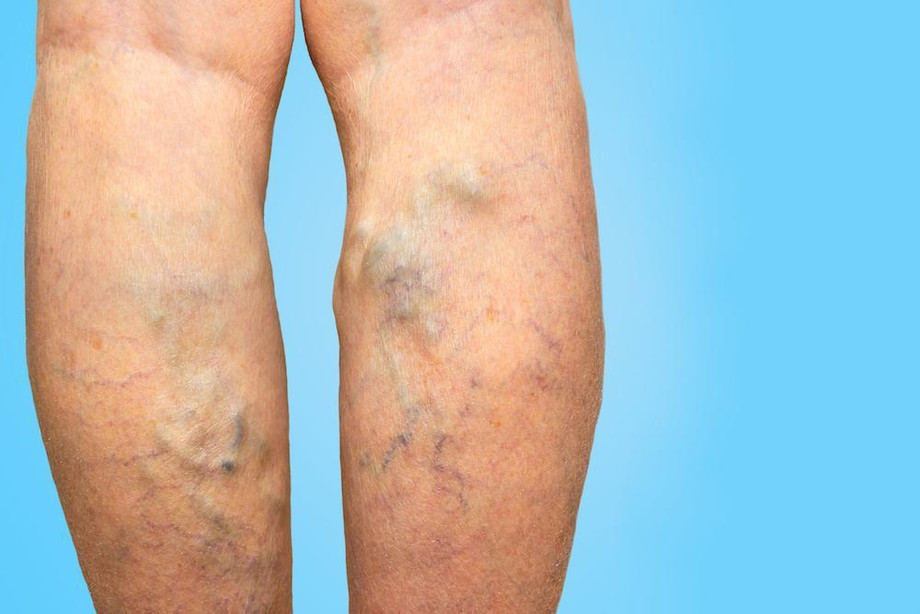Varicose veins treatment guide
Cuerpo
Vascular specialists can help patients manage chronic illnesses throughout their lifetimes, treating everything from spider and varicose veins to life-threatening aneurysms. You should know What is a Vein Doctor Called. A vascular surgeon is responsible for diagnosing, treating, and controlling diseases of the arteries and veins, also known as the blood vessels. The vein surgeon makes an incision in the affected area and removes all damaged veins under general anesthesia.
Although other doctors such as phlebologists, cardiologists, dermatologists, plastic surgeons, and even general surgeons can help you with varicose veins treatment, vascular surgeons and interventional radiologists have additional training that makes them better choices for diagnosing and treating even the most severe cases of varicose veins.
What are Vein Specialists, and what do they do?
A vein specialist is a clinician who specializes in treating varicose veins and venous insufficiency, the underlying ailment. Your vein doctor should have received rigorous endovenos operations training during residency and fellowship. Vein experts with a background in vascular surgery, interventional radiology, or interventional cardiology will be qualified. Board certification in one of these professions, which is easily available to discerning patients, provides evidence of competency. Pain management, internal medicine, and family medicine are among the specialties that lack organized training in surgical or minimally invasive endovascular procedures. Their board certificates are well-merited but not for varicose vein treatment.
Vascular Disease Diagnosis
Your vascular surgeon will begin by asking you questions about your medical history, lifestyle, and symptoms and performing a physical examination. Your surgeon may prescribe additional tests if necessary, which may include:
- The brachial-ankle index is a measurement used to determine the severity of PAD. Your blood pressure is measured in both arms and ankles during this test, and the results are compared.
- Ultrasound is used in the diagnostic process that can be used to diagnose various illnesses. Aneurysms, carotid artery disease, and varicose veins are diagnosed with this test, which employs sound waves to create images of your blood vessels.
Benefits of a Vascular Surgeon:
- Due to their breadth of training is best prepared to manage both simple and severe vein illness. They can also provide total care for both before and post-procedure maintenance.
- Board-certified vascular doctors who have completed vascular medicine residency and fellowship training
- Maintain vascular medicine privileges in the hospital. Hospital accreditation for vascular medicine is based on board certifications in ABMS-only recognized specialties.
Final thoughts
Vascular surgeons have formalized training in both arterial and venous vascular disease therapy. Vein clinics provide a wide range of treatments for vein-related health problems. Vein clinics often treat several vein-related illnesses and care for individuals who have had a stroke or who have poor circulation. You should also know about what is a vein clinic.
Vascular surgeons must first finish five years of general surgery training and two years of vascular medicine subspecialty study. Vascular surgeons receive extensive training in diagnosing and managing surgical illnesses, including endovascular and minimally invasive procedures. Fellowships in cardiology and interventional radiology frequently collaborate with vascular surgery programs to give trainees in-depth training.
Article Source :- https://www.ihealthytips.com/varicose-veins-treatment-guide/








Comentarios